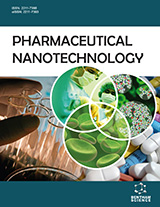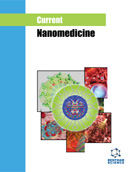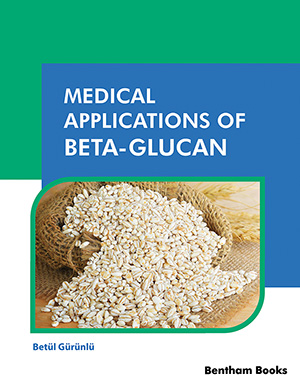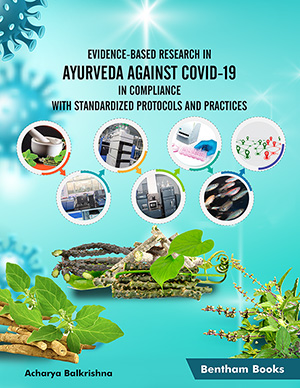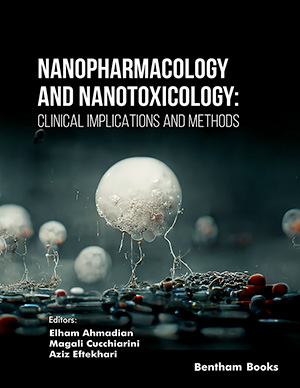Abstract
Alcohol affects brain activity in various ways. It has both short-term and
long-term effects. It causes slurred speech, short-term memory dysfunctions
hallucinations, etc. by timing the activity of neuronal cells. Moreover, it causes
teratogenic effects in the fetus ifthe mother is consuming alcohol during pregnancy.
Alcohol can damage the brain cells, cause a lowering of serotonin levels, and higher
GABA levels, cease new brain cells to be formed, and cause damage to the blood
vessels and nerve cells in the brain. In addition, alcohol abuse causes WernickeKorsakoff’s syndrome, which is due to the lack of vitamin B1 in drinkers. Also, alcohol
abuse causes Wernicke’s encephalopathy which is characterised by muscle problems,
being confused, etc. Memory loss and less coordination are the long-term effects of
alcohol abuse. All regions of the brain, such as the cerebellum, limbic system, and
cerebral cortex, can be affected by alcohol abuse. The cerebellum is responsible for the
movement of the body, and alcohol disrupts this balance causing emotional and
memory issues. Alcohol consumption on a regular basis leads to reduced brain size or a
rapid aging process. Alcohol disorder is listed as one of the most prevalent mental
health problems in the world.
Keywords: Alcohol disorder, Memory loss and less coordination, Serotonin levels, Teratogenic effects in the fetus.











